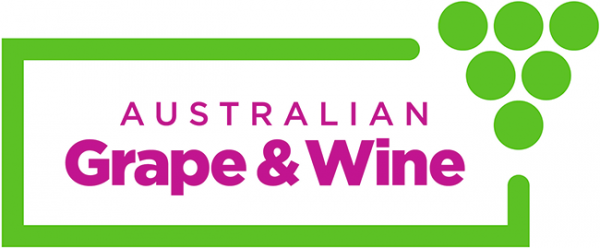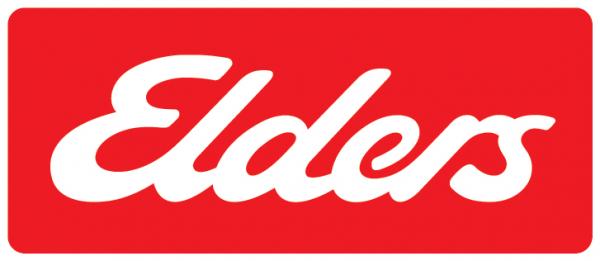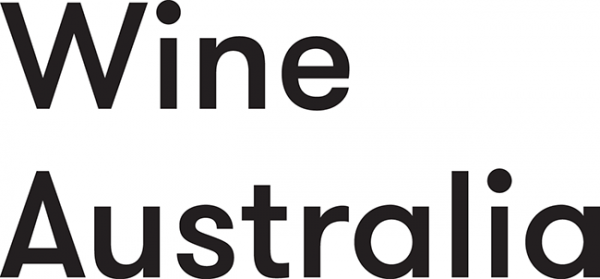
| 2020 ASVO Winemaker of the year
Peter Leske is Winemaker and Director at Revenir Winemaking in the Adelaide Hills, where he and a small team make a range of wines for diverse clients using an equally diverse list of grape varieties into even more diverse styles! He greatly enjoys the opportunities that this challenge offers for collaboration with other industry members, which he cites as one of the genuine strengths of our community. Throughout his career, he has sought to increase and share collective knowledge and expertise, through roles at the AWRI and SAWIA, and most recently by assisting members of the Hills region with the making, sensory assessment and interpretation of smoke impact on hundreds of small-lot wines from affected vineyards. This effort has also involved working with practitioners and researchers to implement and manage related longer-term projects, which he hopes will add much to the future understanding of the impact of fires in viticultural regions.
“I am surprised and delighted to be nominated in 2020: I consider myself very fortunate to have worked with a vast range of talented people over my time in wine. They have generously given and taught me much and I value every opportunity to follow their lead and share as much as I can with those around me” said Leske.
Leske actively participates in regional and state-based tastings and education programs, sharing his knowledge—and learning from others—as much as possible.
Following the fires of December 2019 Leske has been involved in several aspects of the short-term, practical recovery measures, as well as the longer-term research and learning which will potentially be of national significance in future.
Leske offered Revenir’s resources and expertise to provide small-lot winemaking services to any grower or maker possibly affected by smoke taint, and we made dozens of ‘bucket ferments’ on their behalf, at no charge.
Leske also managed the recruitment, training, organisation and coordination of a panel of regional members to provide objective, specialised sensory analysis of these and other wines. With invaluable assistance from staff at the AWRI and the Adelaide Hills Wine Region, we screened and selected 18 volunteer participants. The resultant tasting panel met on 10 occasions from February to June 2020, assessing over 300 samples.
Leske's role in this exercise began with the creation of the panel just after the fires, and carried through vintage and beyond. It involved finding suitable venues for the tastings, setting the ‘quality standards’ for the sessions (which involved blending scientific standards and practices with practical limitations), recruiting panellists and stewards, setting up and chairing the sessions, acting as a panellist, and finally the collation, interpretation and reporting of the results to submitting grape growers and winemakers.
As part of the longer-term learning effort, Leske took the opportunity to collect samples of more than 100 the wines tasted for subsequent analysis, which will allow the exploration of the relationship between grape, sensory, and wine analysis. |









